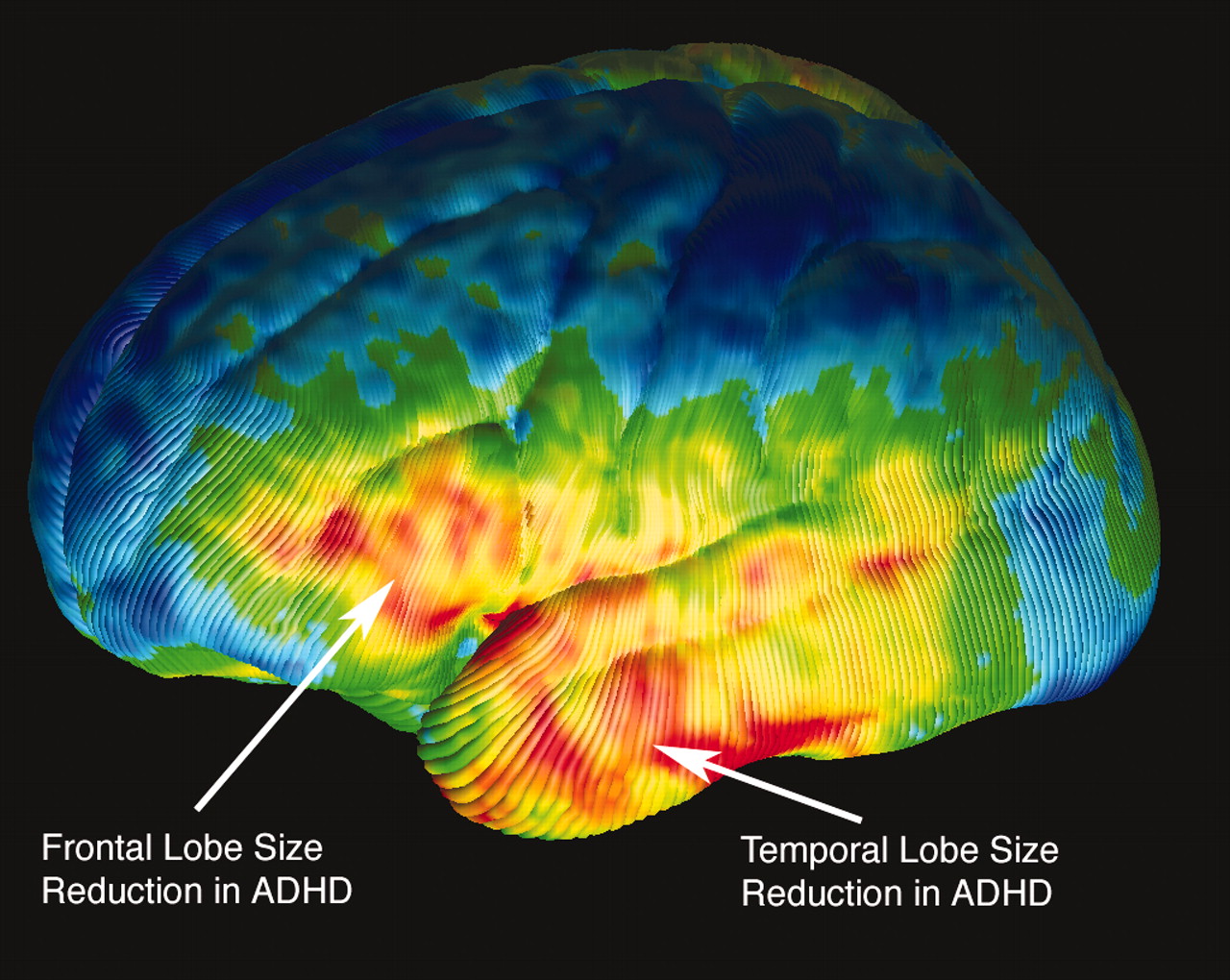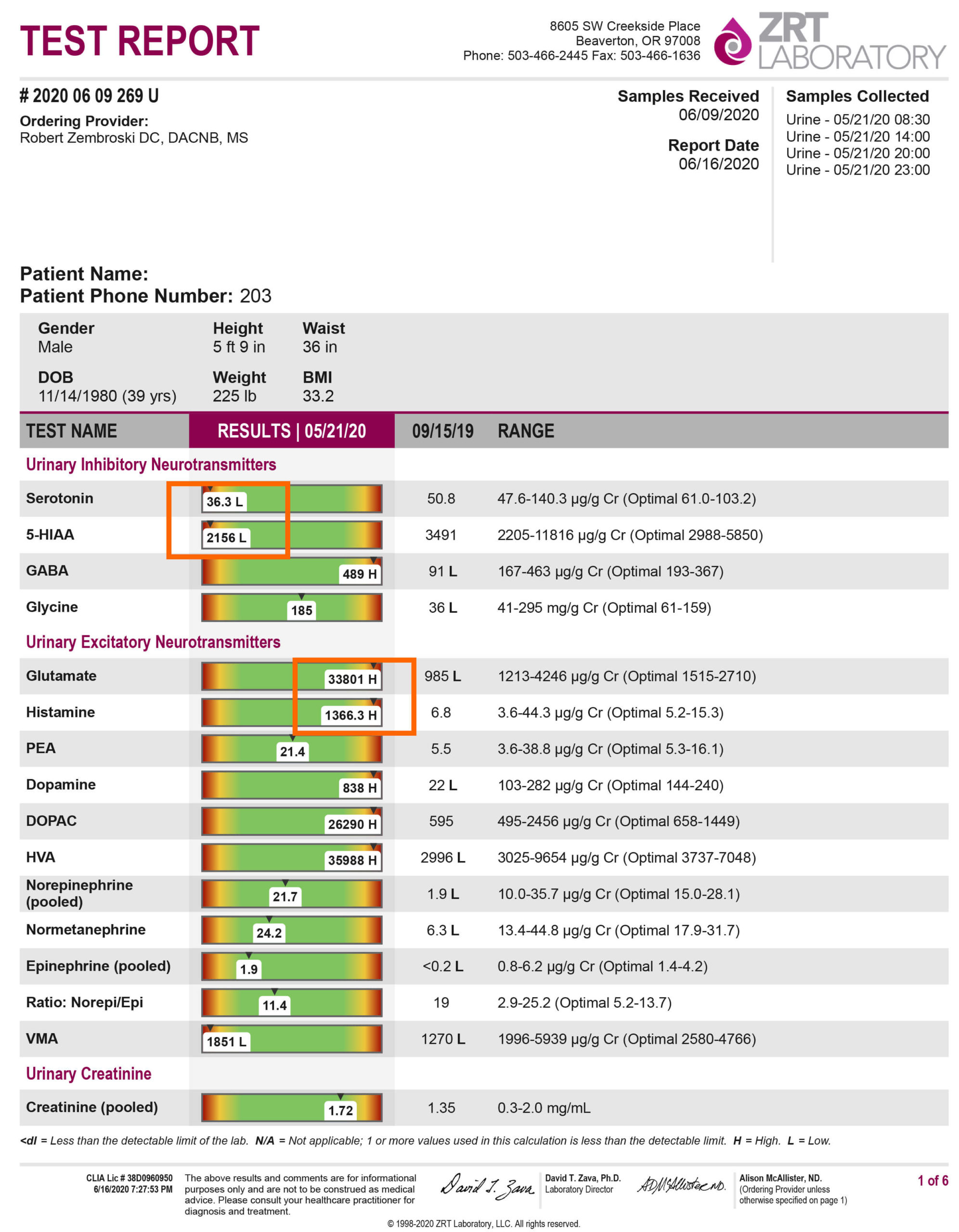What is Attention Deficit/Hyperactivity Disorder?
Attention-Deficit/Hyperactivity Disorder (ADHD) is a neurobehavioral condition characterized by hyperactivity, inattention, distraction, and impulsivity.
It is usually first identified when children are school-aged, although it can be diagnosed in people of any age group. Most children have high energy levels and short attention spans; this does not mean they have ADHD.
True, ADHD is characterized by excessive hyperactivity, poor attention, and impulsivity, as well as problems that interfere with daily activity.
Some children with ADHD have problems with attention; others have issues with hyperactivity and impulsivity, and yet others have both.
The real issue with ADHD is that it can interfere with a child’s ability to perform in school and to develop healthy relationships with others. According to the Diagnostic and Statistical Manual of Mental Disorders, Fourth Edition (DSM-IV-TR), three to seven percent of school-aged children are said to have ADHD.
Percent of all children in the US have been diagnosed with ADD/ADHD
American children who have been diagnosed with ADHD is not receiving medicine
What are the Symptoms of ADHD?
Attention-Deficit/Hyperactivity Disorder (ADHD) is a neurobehavioral condition characterized by hyperactivity, inattention, distraction, and impulsivity.
It is usually first identified when children are school-aged, although it can be diagnosed in people of any age group. Most children have high energy levels and short attention spans; this does not mean they have ADHD.
True, ADHD is characterized by excessive hyperactivity, poor attention, and impulsivity, as well as problems that interfere with daily activity.
Inattention, hyperactivity, and impulsivity are the key behaviors associated with ADHD. However, children with ADHD may also have the following symptoms:
- Easily distracted
- Difficulty focusing on one thing
- Bored with a task after only a few minutes
- Not seem to listen when spoken to
- Difficulty processing information
- Struggle to follow instructions
- Fidget and squirm in their seats
- Talk nonstop/ blurt out inappropriate comments
- Dash around, touching or playing with anything and everything
- Trouble sitting still during dinner, school, and story time
- Constantly in motion
- Difficulty doing quiet tasks or activities
- Very impatient
- Shows emotion without restraint and acts without regard for consequences
- Often interrupt conversations or activities of others
What causes ADD/ADHD?
Multiple sources and research studies have found that ADHD is most likely caused by an interaction of neurological, genetic, environmental, and nutritional factors.
According to the Radiological Society of North America, the American Psychiatric Association, and research that is published in the November 22, 2003, issue of Lancet, ADHD is a physical dysfunction in certain regions of the brain.
New high-resolution, three-dimensional maps of the brains of children with ADHD indicate significant and specific anatomical differences within areas of the brain thought to control attentional and inhibitory (impulse) control systems, compared with brain scans of children without ADHD.
These studies have found that individuals with ADHD have abnormal brain anatomy, as well as low levels of certain brain chemicals (neurotransmitters).
The study found abnormalities in the “fiber (nerve) pathways in the frontal cortex, basal ganglia, brain stem and cerebellum,” which are the areas that control things like attention span, impulsive behavior, and motor activity.

"Individuals with ADHD have abnormal brain anatomy as well as low levels of certain neurotransmitters."
Chemical Imbalance?
According to the Official Journal of the Society of Biological Psychology, ADHD is also caused by faulty genetics. A gene responsible for converting dopamine to norepinephrine has been isolated and found to be faulty in cases of ADHD.
Those two neurotransmitters (brain chemicals) are responsible for focus, attention, movement, impulse control, etc. When dopamine is not converted to norepinephrine, certain regions of the brain malfunction, leading to symptoms of ADHD.
Recent advances in brain research and imaging strongly support the specialty of Chiropractic Neurology, which focuses on evaluating the function of the brain and nervous system.
Through the use of advanced technology including videonystagmography and neurotransmitter testing, the physical imbalances can be isolated. Once this data is gathered, a non-drug treatment plan is created to help restore function.

How do we treat ADD/ADHD?
Following a detailed neurological exam we are able to determine the areas of the brain, brainstem, vestibular system (inner ear), and cerebellum that are deficient or “misfiring” and then form a treatment plan that is specific to you and your condition.
Treatment will be recommended to increase function of specific regions of the brain/nervous system. Sone of those therapies include: manipulative therapy, optokinetic/eye movement exercises, balance and control work, brain stimulating physical exercises, music and light therapy, tracing/pointing therapy, among various other forms of cortical rehabilitative exercises.
In addition, it is also important that the patient and their family be actively involved in their own care, by adhering to home exercises prescribed by the doctor. These exercises are extremely important in making the appropriate changes and doing so in a more efficient time frame.
.
Please Contact us for more information on ADD/ADHD
Get into the Z-Zone
Dr. Z is fired up, ready to ignite the persistence and grit of those who are fed up, pissed off, and determined to reclaim their health and their bodies.
We look forward to being a part of your personal rebuild
“A diagnosis is not your destiny”
© 2020 Dr. Robert Zembroski
Meet Dr. Zembroski
203-655-4494
Members of the press are welcome to contact Dr. Z regarding any requests at info@darienfm.com
Connect with Dr. Z